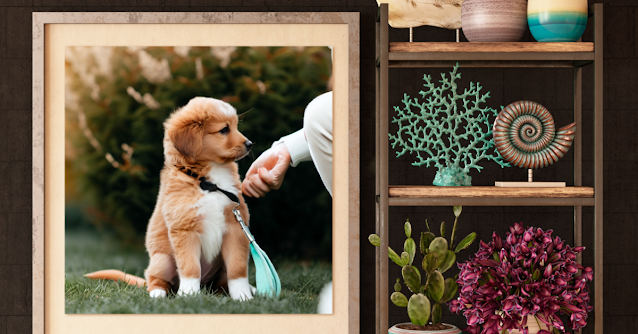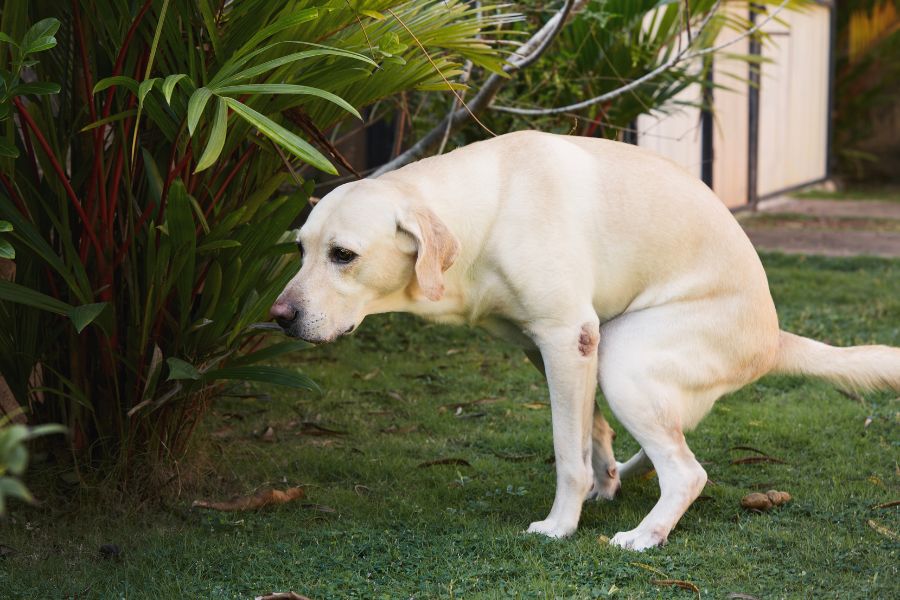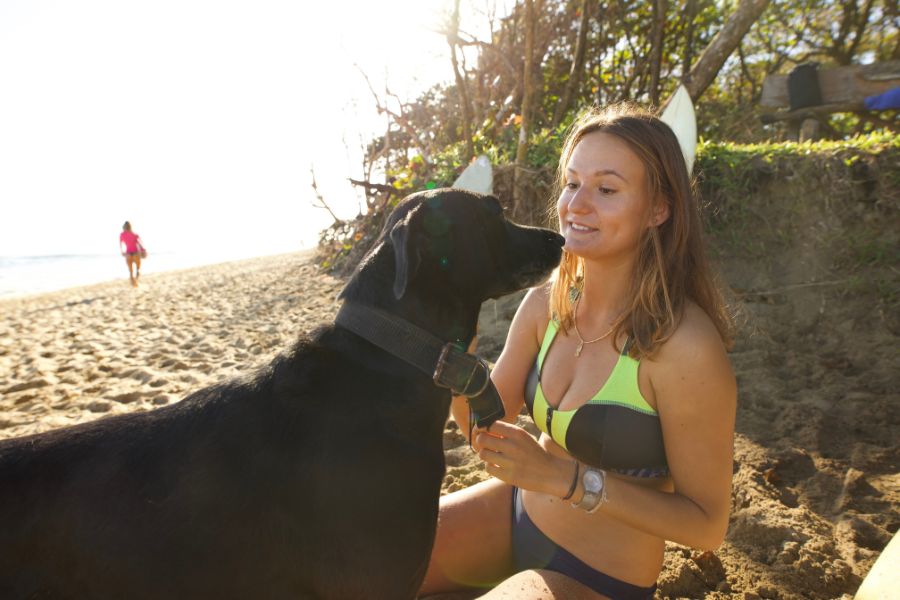How to Train a Puppy to Pee Outside

Train Your Puppy to Pee Outside: A Guide for Pet Owners Ah, puppies! Aren't they just the cutest things in the world? However, with great cuteness comes great responsibility. Training your puppy to pee outside is crucial not only for hygiene reasons but also for the health and happiness of your puppy. Why It's Important to Train Your Puppy: Firstly, keeping the indoors clean and hygienic is a top priority for most pet owners. Second, puppies are known to have weaker immune systems, exposing them to the bacteria that can reside in their urine can lead to various health problems down the line. By training your pup to pee outside, you get to keep both your home cleanliness and your puppy's health in check. The Benefits of Training Puppy to Pee Outside Apart from the obvious ones, like a clean house and better health, potty training your puppy can have other benefits too! It teaches your pup to be disciplined and helps them understand boundaries. It also ...


.jpg)